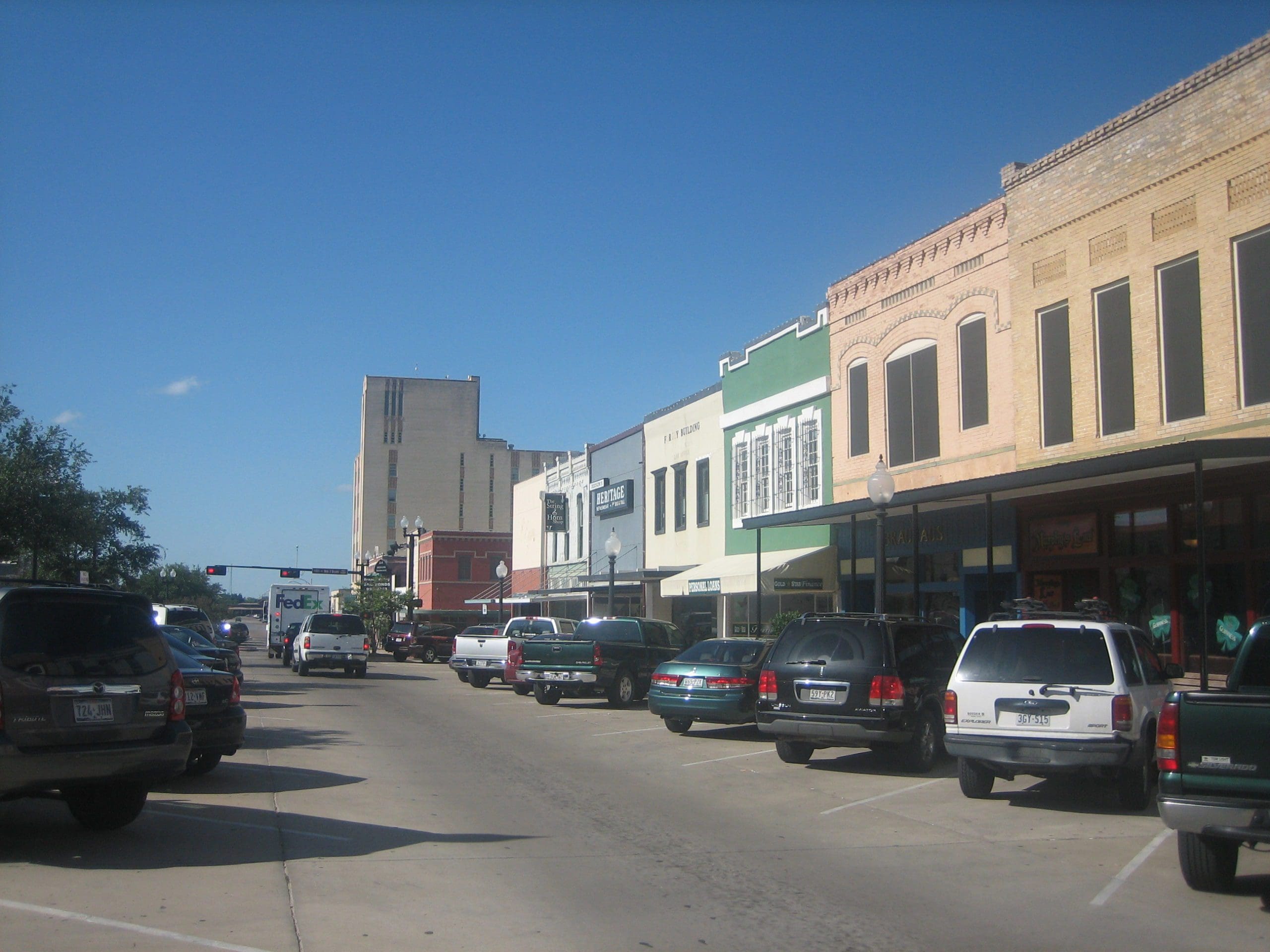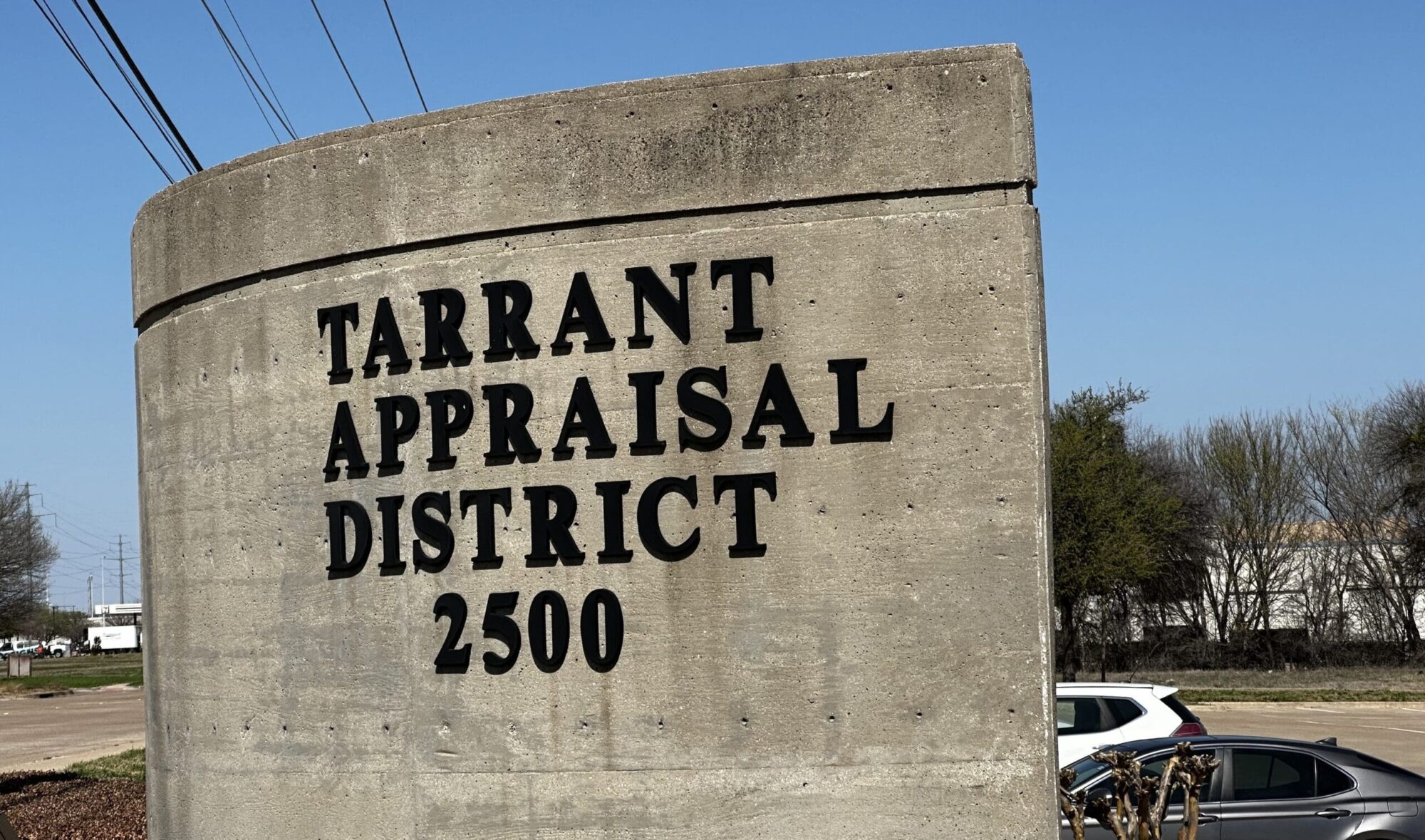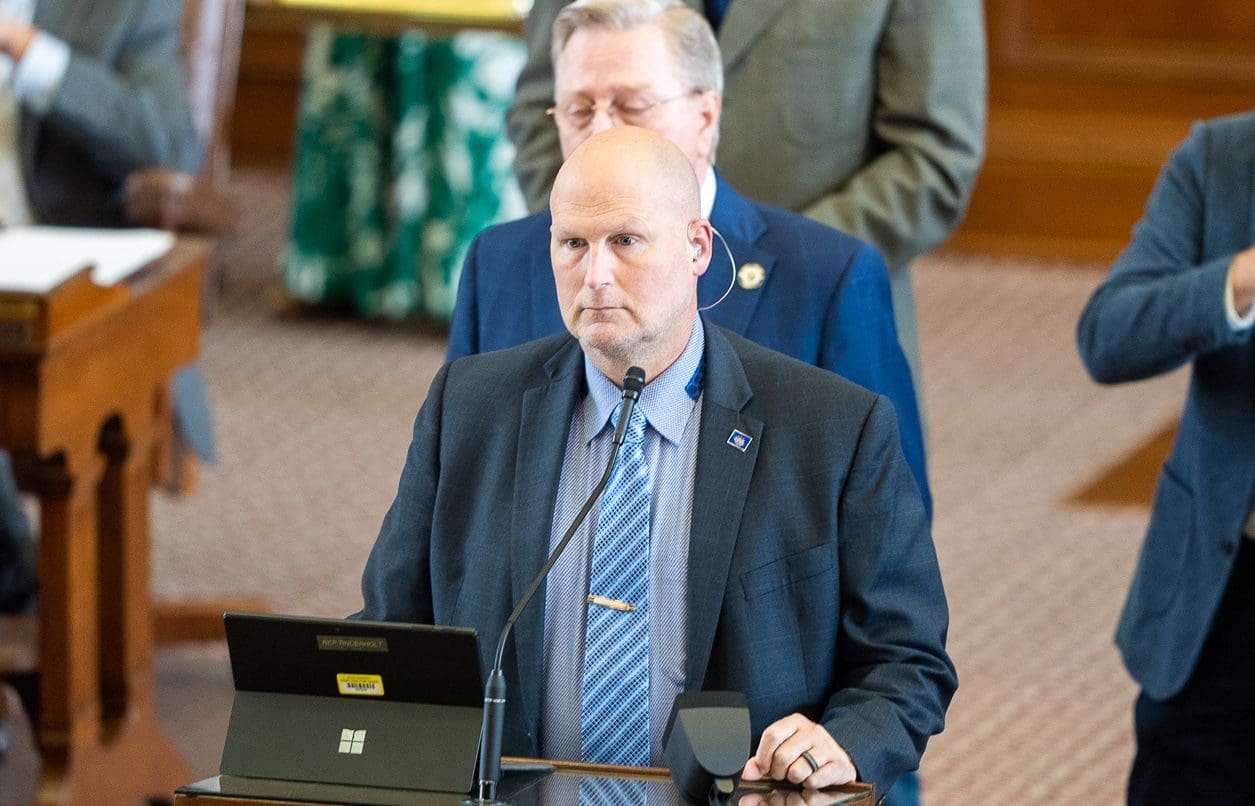“It was the best of times, it was the worst of times.”
At least that’s how I felt watching my local government this month.
College Station demonstrated a good start to addressing the virus’ effect on local revenue through budget mitigation strategies that saved the city $5.3 million. The City of Bryan’s response was less than stellar.
At a time when many people are struggling to provide for their families, the Bryan City Council declared they were exempt from a state law in order to essentially make it easier for them to raise property taxes. According to The Eagle:
“Council also opted to defer lowering the voter approval tax rate — formerly the rollback tax rate — from 8% to 3.5%. In the last legislative session, rules addressing property taxes in Texas changed so that the voter approval tax rate had to be lowered from 8% to 3.5%. Hegwood said the new regulation allows cities to defer implementing the change if there was a disaster declaration, which is what the council chose to do.”
If you couldn’t tell, I’m not enthusiastic about it. The decision is both legally dubious and tone-deaf. Let’s start with the first point.
In short, the council is claiming an exemption that doesn’t apply to them. While the law does allow exemptions in cases of a disaster declaration (which every Texas city statewide is currently under), it was intended to cover physical damage (such as a hurricane destroying a courthouse), not economic damage which has been caused by the virus.
According to a written opinion by Texas Attorney General Ken Paxton:
“The Legislature intended to limit the temporary tax exemption to apply to property physically harmed as a result of a declared disaster. Thus, purely economic, non-physical damage to property caused by the COVID-19 disaster is not eligible for the temporary tax exemption.”
State Rep. Dustin Burrows (R–Lubbock) and State Sen. Paul Bettencourt (R–Houston), the authors of the legislation, have floated penalizing cities that take advantage of the exemption. We’ll see if Bryan makes the list.
But even if the decision was on solid legal ground, there’s still one major problem with it: it betrays the residents of Bryan while they are facing financial hardship.
Due to the virus (or, arguably, our response to the virus), local businesses have taken a hit from the drop in consumer spending. This has resulted in a ripple effect throughout the economy, causing residents to have to make tough choices. While the local unemployment rate is now on a downward trend, it’s still going to be a long time before things are back to normal. People are hurting, and the city is going to toy with raising taxes on them?
The decision’s necessity would be easier to believe if College Station didn’t provide such a sharp contrast. While the City of College Station announced $5 million in savings, the City of Bryan, in the same meeting in which they opened the door for higher taxes, announced a construction contract towards new ballfields for—guess what—$5 million.
And that’s just the tip of the iceberg. The project is part of an extravagant “super park” for which the city has already issued certificates of obligation (a fancy word for racking up debt without voter approval) totaling $59 million.
This contrast is further exacerbated by the fact that the City of College Station’s loss in sales tax revenue was almost two times worse. In an interview with Bryan Mayor Andrew Nelson, WTAW’s Scott DeLucia mentioned that while Bryan’s sales tax revenue went down by 10 percent, it went down by 19 percent for the City of College Station. Mayor Nelson replied, “Bryan frankly has a little bit less retail sales tax to lose, so it doesn’t surprise me that we’re down less than College Station.”
He’s right. But what does surprise me is why Bryan is the city considering raising taxes. College Station Mayor Karl Mooney’s WTAW interview had an entirely different tune to it. When asked if College Station was going to follow suit and claim an exemption to lowering the voter approval tax rate, this was his response:
“Our focus going into … looking at the [2021-2022] fiscal year … was to actually take a look and think that, no, we did not want to do a tax increase this year. And if we cut back on capital improvement projects and other things, I think we’re going to try to stay true to that.”
To add insult to injury, one of the capital improvement projects he suggested delaying in the interview included a ballpark.
But what Mayor Mooney said next was music to my ears.
“In fact, we have even asked city staff to take a look to see how we might … increase the homestead exemption. As you may know, the homestead exemption can be increased up to 15 percent, and right now, we’re at 5 percent. So we’re trying to find ways to give those folks who, where their home is their homestead, to be able to get a little bit of a tax break.”
While one city is looking into raising property taxes, the other city is looking into property tax relief. What a stark difference.
One final point. A counter-argument is that we don’t actually know that Bryan is increasing its tax rate—the city just wants all options on the table. According to WTAW, Bryan City Manager Kean Register “told the council there has not been a tax rate increase since he has been manager, and he does not plan on a tax rate increase in the FY 2021 budget. Chief financial officer Joe Hegwood says this gives staff flexibility in developing the Bryan city budget later this summer.”
To adopt an allegory I once heard, if a wife asks her husband if he’s going to cheat on her, and his response is “I do not plan on it,” he’s likely sleeping on the couch that night. If your government is declaring a legally questionable exemption in order to be able to raise your taxes, it doesn’t matter what it “plans” on doing, it’s probably going to raise your taxes.
While College Station isn’t perfect, it’s relatively competent response to the virus’ fiscal toll shows that, for the City of Bryan, it doesn’t have to be this way. If there’s anything we’ve learned from this tale of two cities, it’s time for a revolution.
This is a commentary submitted and published with the author’s permission. If you wish to submit a commentary to Texas Scorecard, please submit your article to submission@texasscorecard.com.





